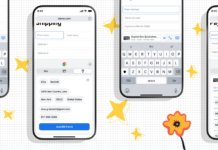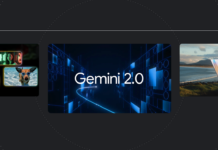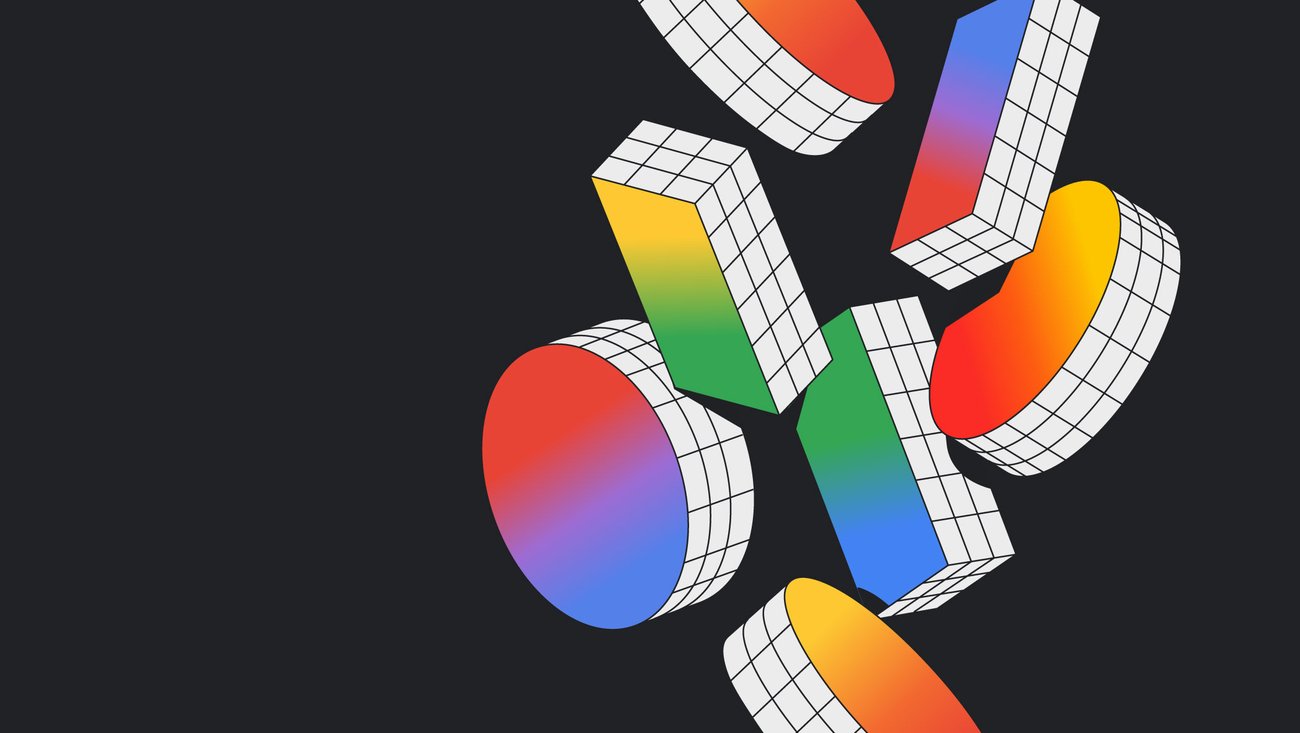Introduction
Google’s annual I/O developer conference was a whirlwind of exciting announcements and updates across various products and services. From groundbreaking advancements in artificial intelligence (AI) to sleek software improvements, Google left no stone unturned in showcasing its latest innovations. This comprehensive tech news article covers the highlights, providing an informative overview of the key unveilings.
Gemini AI Model: Faster, Smarter, and More Capable
One of the biggest stars of the show was Google’s AI powerhouse, Gemini. The tech giant introduced several upgrades and new models, including:
Gemini AI Model Enhancements
- Gemini 1.5 Flash – A lightweight yet incredibly fast and efficient model for seamless scaling across applications and services.
- Gemini 1.5 Pro – An enhanced version with significantly improved performance across a wide range of tasks. Available in public preview with an impressive 1 million token context window capability.
- 2 Million Token Context Window – Gemini 1.5 Pro will also offer a groundbreaking 2 million token context window option, outpacing leading foundation models in the industry.
Also Read- How AI and Tech Skills Are Opening New Career Paths for Women in Southeast…
Generative AI and Multimedia Models
Google’s prowess in generative AI was on full display with the unveiling of several cutting-edge models:
- Imagen 3 – Google’s highest fidelity image generation model to date, capable of producing photorealistic, lifelike images with exceptional detail, fewer artifacts, and accurate text rendering.
- Veo – A powerful video generation model that can create high-quality 1080p resolution videos up to a minute long, in various cinematic and visual styles.
- Music AI Sandbox – A suite of innovative AI tools for music creation, allowing users to generate new instrumental sections from scratch, transfer styles between tracks, and explore other creative possibilities.
Workspace and Photos Enhancements
Google’s productivity suite, Workspace, and the popular Photos app received significant upgrades:
- Gemini 1.5 Pro in Workspace: The advanced AI model will be available in Gmail, Docs, Drive, Slides, and Sheets, offering features like email summarization and writing assistance.
- Ask Photos: A new experimental feature in Google Photos that utilizes Gemini models to help users search for specific memories and create highlight galleries with personalized captions.
Also Read- Discover The Future Of Smartphone Videography With Pixel 8 Pro’s Video Boost
Android Advancements
Google’s mobile operating system, Android, was not left behind in the innovation race:
- Gemini Nano with Multimodality: Starting with Pixel phones, Gemini Nano will gain multimodal capabilities, allowing it to understand sights, sounds, and spoken language, in addition to text input.
- Talkback Improvements: The accessibility feature for blind and low-vision users will benefit from Gemini Nano’s multimodal capabilities.
- Scam Protection: An opt-in feature using on-device AI to detect potential scam calls in a privacy-preserving manner.
Developer Tools and Resources
Google unveiled a host of new tools and resources for developers, including:
- Gemini API Developer Competition: A chance to win a custom 1981 DeLorean by developing groundbreaking AI apps using the Gemini API.
- PaliGemma: Google’s first vision-language open model optimized for visual Q&A and image captioning.
- Gemma 2: The next version of Google’s Gemma model, featuring a larger 27B parameter instance that outperforms models twice its size.

Responsible AI and Educational Initiatives
Recognizing the importance of responsible AI development, Google announced several initiatives:
AI-Assisted Red Teaming: A new technique for proactively testing and identifying weaknesses in AI systems.
- SynthID Expansion: Google’s synthetic data watermarking technology, SynthID, will be extended to text and video modalities.
- LearnLM: A family of Gemini-based models fine-tuned for educational purposes, already powering features across Google’s products.
- Partnerships with Educational Institutions: Collaborations with experts from renowned institutions to refine and expand LearnLM beyond Google’s products.
Conclusion
Google’s I/O 2024 event was a testament to the company’s relentless pursuit of innovation, particularly in the AI and software domains. From groundbreaking AI models to productivity-enhancing features and developer tools, Google has set the stage for a future where technology seamlessly integrates into our daily lives, empowering us to achieve more efficiently and creatively. As the tech industry continues to evolve, it will be exciting to witness the real-world applications of these announcements and their impact on various sectors.


































